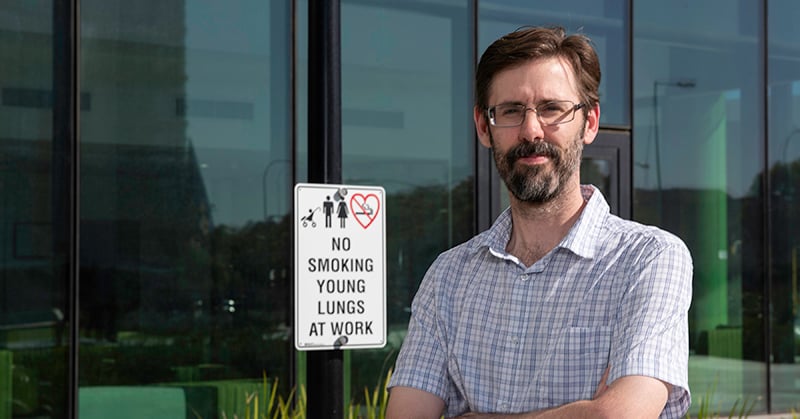Search

Portable equipment is available to enable bedside and community-led research in rural and remote communities, including Indigenous communities where children are disproportionately affected by chronic respiratory conditions.

One way the Wal-yan Respiratory Research Centre provides the opportunity for consumers and community members to contribute to our research is through participation in one of our eight community reference groups.

The discoveries that have set our research apart primarily relate to the factors early in life that cause life-long respiratory problems.

Neuromuscular disorders include many rare conditions, such as Duchenne Muscular Dystrophy and Spinal Muscular Atrophy, that adversely impact respiratory health.

The lungs represent a key interface between the body and the environment.
